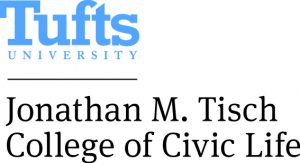People tend to prefer, recall, and emphasize facts that support ideas they already hold, and they doubt or marginalize facts that complicate or challenge those ideas. For example, as people obtain more education, their opinions of climate change correlate more with their political ideology. Conservatives become less likely to believe in climate change, and liberals more so, the more education they have (Pew Research Center 2008). Well-educated conservatives are sophisticated enough to recognize that accepting evidence of climate change would challenge their economic views, so they use mental techniques (also exhibited by liberals on other topics: Bartels 2002.) to reject or marginalize the evidence. Deliberate efforts to debunk myths can actually reinforce the same myths because people hear the information selectively. That “backfire effect” is a strong illustration of the more general tendency of human beings to assimilate new information with bias (Nyhan & Reifler 2010)
Combatting motivated reasoning is a challenge for deliberative democracy.

